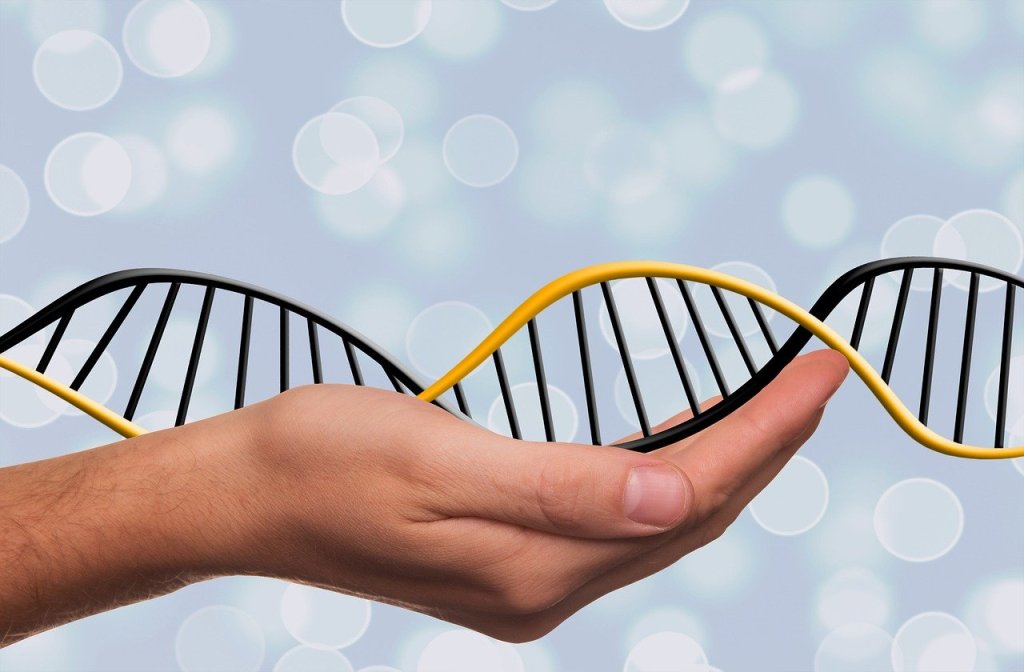
Epigenetics and Childhood Trauma
What is Epigenetics?
Epigenetics is a science that studies how our genes can be turned on or off without changing the DNA itself. Think of genes like instructions that tell our body how to work. Epigenetics is like the switch that can turn these instructions on or off. This is important because it helps us understand how experiences, like childhood trauma, can affect us long after they happen.
What is Childhood Trauma?
Childhood trauma refers to scary or hurtful experiences that happen when we are young. This can include things like being abused, seeing violence, losing a loved one, or living through a natural disaster. These experiences can be very upsetting and can have long-lasting effects on our health and well-being.
How Epigenetics Works
Our genes are made of DNA, which has instructions for making proteins that help our body work. Epigenetics involves changes that affect how these instructions are read and used. Here are the main ways this can happen:
1. DNA Methylation: This is like adding a small chemical tag to the DNA. When this tag is added, the gene can be turned off, meaning it won’t make the protein it usually does.
2. Histone Modification: DNA is wrapped around proteins called histones. Changes to these proteins can make the DNA wrap tighter or looser, affecting whether the genes are turned on or off.
These changes can be influenced by our environment, including experiences like trauma.
How Childhood Trauma Affects Genes
When a child goes through trauma, it can cause changes in the way their genes work. These changes can affect how their body and brain respond to stress. For example, if a child is often scared or hurt, their body might start to produce more stress hormones. This can lead to changes in the genes that control stress responses.
One important gene involved in stress is the glucocorticoid receptor gene. This gene helps manage how we respond to stress. When a child experiences trauma, the DNA in this gene can get extra methylation tags, turning the gene off. This can make it harder for the child to handle stress later in life.
Effects of Epigenetic Changes
The changes in gene activity caused by trauma can have many effects on a child’s health and behavior. Here are some examples:
1. Mental Health: Children who experience trauma may be more likely to develop mental health issues like depression, anxiety, and PTSD (Post-Traumatic Stress Disorder). This is partly because the changes in their stress response genes make it harder for them to cope with stress.
2. Physical Health: These children may also have more physical health problems. For example, they might have higher risks for heart disease or diabetes. This happens because chronic stress can affect many parts of the body.
3. Behavior and Learning: Trauma can also affect a child’s behavior and ability to learn. They might have trouble paying attention in school, controlling their emotions, or getting along with others.
Can Epigenetic Changes Be Reversed?
The good news is that epigenetic changes are not permanent. This means they can be changed back. Scientists are looking for ways to help people who have experienced trauma by reversing these changes.
One way to do this is through therapy. Talking to a therapist can help children and adults cope with their experiences and reduce stress. This can help reduce the harmful effects of trauma on their genes.
Another way is through healthy lifestyle choices. Eating a good diet, getting regular exercise, and having strong social support can all help improve gene activity. For example, certain nutrients, like vitamins and omega-3 fatty acids, can affect DNA methylation and help genes work better.
Future Research
Researchers are still learning about how epigenetics and trauma are connected. They hope to find new treatments that can help people who have experienced trauma. For example, scientists are studying drugs that can remove methylation tags from DNA or change how histones are modified. These drugs could help turn on important genes that have been turned off by trauma.
Conclusion
Epigenetics is a fascinating science that helps us understand how our experiences can change our genes. Childhood trauma can cause epigenetic changes that affect our health and behavior for a long time. But these changes can be reversed, offering hope for healing and recovery. By learning more about epigenetics, scientists are finding new ways to help people overcome the effects of trauma and live healthier, happier lives.
I’ve read about epigenetics. I didn’t understand what I read. This article is clear, concise, and educational. Thank you!
LikeLiked by 1 person
You’re welcome 😊
LikeLike